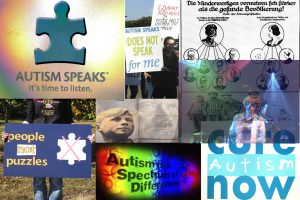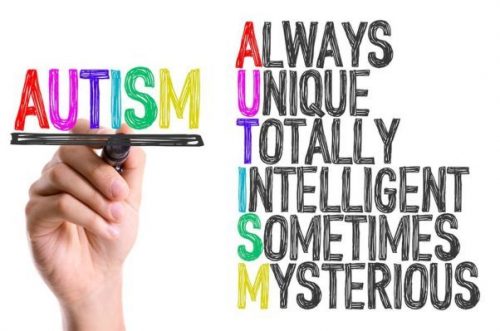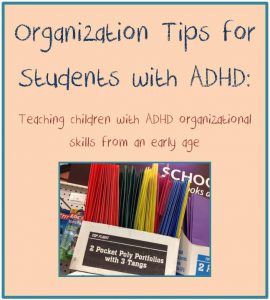
The way that people who have never been around autistic kids speak of the disability is diversified. The more empathetic ones tend to say, “I only know that they need to receive special education,” which is not exactly wrong. Joining a SPED class indeed helps them learn how to live normally and keep up with the world. The tactless people, unfortunately, interchange the words “mental disorder” and “autism,” assuming that they are synonymous to one another.
You need not waste your time correcting other people about the clear difference between the two, but you should not stay mum either if an unintelligent individual talks smack about autism in front of the disabled child. While he or she may not be the type to converse, the kid will eventually understand what the derogatory words mean. That can inadvertently depress him or her or cause anxiety or anger management issues to develop.
To further shield your child against unfeeling folks like that, you better concentrate on promoting positive mental health on a youngster within the autism spectrum.

- Strengthen Family Relationships
Unbeknownst to many parents, the oversensitivity of an autistic kid does not only get activated by changing lights or big, noisy crowds. Seeing you and your spouse fight tends to affect their behavior as well. He or she can become irritable and aggressive as days pass, considering that is his or her way of reacting to the situation.
What may alter the problem is showing the child that he or she belongs to a loving family. You help each other out when doing chores. If there is a misunderstanding, you talk in calm, low voices. In short, maintaining a steady and peaceful relationship with everyone in the family won’t trigger the symptoms often.
- Introduce A New Hobby
Autistic children are not different from non-disabled kids, in the sense that they feel bored with their monotonous life sometimes. It is understandable if you set a daily routine to teach them basic skills, yes. However, in case all they do for months is wake up at seven o’clock, go to school for four hours, eat snacks at three in the afternoon, and go to bed around eight o’clock, it may not be beneficial for their mental and physical growth.
To avoid pushing the kid to clamp up because of the exhausting routine, you should consider enrolling him or her to different activities. Bring your child to a new class every day to see which ones they will potentially like. The advantage of taking him or her to as many activities as possible is that you never run out of hobbies to introduce to your kid.
If he or she wants to return to karate or painting class, then that’s amazing. Considering you still have not found an activity that the child seems interested in, you may ask for recommendations from other autism parents.
- Share Coping Mechanisms
Lastly, children deserve to learn how to not give up from their moms and dads, regardless if they have a disability or not. As much as you want to be there for them 24/7, there will be instances when they have to deal with a situation alone. For that reason, you should impart coping techniques that they can use on various occasions.
Say, the child is afraid of the new environment. Instead of breaking down, he or she should distract himself or herself until the parent or another relative comes. In case your kid experiences sensory overload, he or she should seek a quiet place or put on the headphones to cancel out the noise.

Having positive mental health is highly significant, primarily for autistic children who are prone to receiving rude comments and backlash from mean people. They need to develop a peaceful mind so that depression, anxiety, and other disorders will not affect them. If you can start doing the tips above now, that will undoubtedly be helpful for keeping a child within the autism spectrum mentally strong.







